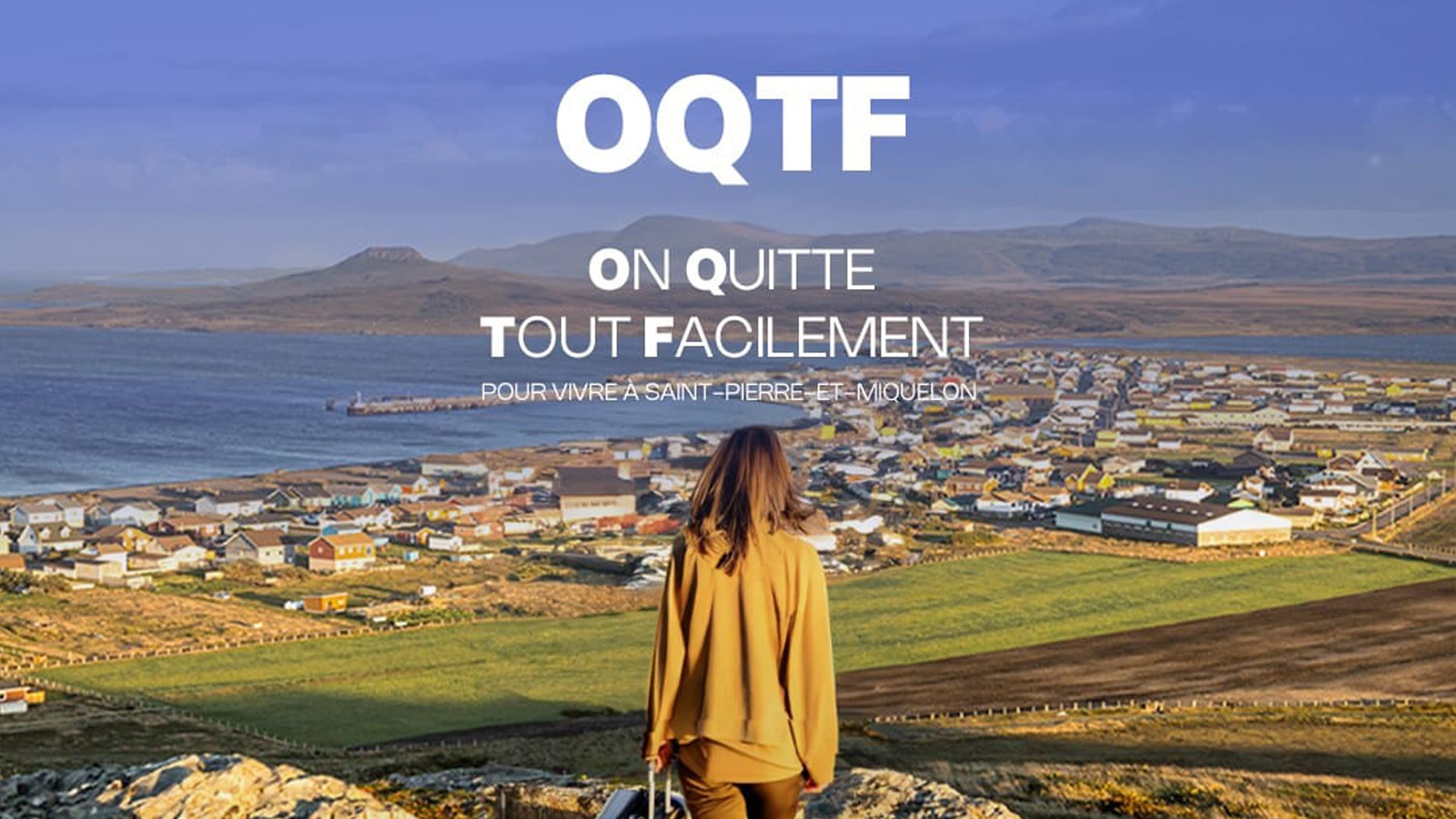The Saint-Pierre-et-Miquelon OQTF Debate: Retailleau's Position

Table of Contents
Retailleau's Stance on OQTF in Saint-Pierre-et-Miquelon
Senator Retailleau's public statements regarding the OQTF application in Saint-Pierre-et-Miquelon haven't presented a singular, easily categorized position. Instead, his approach appears nuanced, reflecting the complexities of the issue. While he hasn't explicitly supported or opposed blanket OQTF measures, his emphasis on national security and controlled immigration suggests a preference for stricter enforcement.
-
Key arguments supporting his implied position: Retailleau likely emphasizes the need to maintain order and security within French territories, arguing that unchecked immigration can strain resources and potentially impact public safety. He may also raise concerns about the potential burden on Saint-Pierre-et-Miquelon's limited resources.
-
Specific policies or measures he might advocate for or against: He might advocate for more stringent border controls, improved vetting processes for immigration applications, and potentially increased resources for enforcement agencies within the collectivity. He might oppose measures perceived as overly lenient or those that could potentially incentivize irregular immigration.
-
References to any official statements, press releases, or interviews: [Insert links to relevant sources here, if available. If not, replace this bullet point with further explanation of his general political stance and how it informs his likely view on the OQTF in this specific context].
The Context of the OQTF Debate in Saint-Pierre-et-Miquelon
Understanding the Saint-Pierre-et-Miquelon OQTF debate requires appreciating the unique socio-economic context of this remote archipelago. Its small population and isolated geography present specific challenges.
-
Demographic factors influencing the debate: The relatively small population of Saint-Pierre-et-Miquelon means even minor changes in immigration can have a significant demographic impact. The debate is thus heightened by concerns about the potential for rapid demographic shifts.
-
Economic implications of OQTF decisions: The OQTF can impact the local economy, both positively and negatively. The removal of individuals may affect employment, particularly in sectors already facing labor shortages. Conversely, maintaining strict immigration controls might be seen as necessary to protect existing employment opportunities.
-
Social impact on the local community: OQTF decisions can have a profound social impact, affecting families and community cohesion. The potential disruption of established social networks and support systems is a significant concern.
-
Legal aspects specific to Saint-Pierre-et-Miquelon's status within France: The legal framework governing immigration in Saint-Pierre-et-Miquelon is complex, reflecting its status as an overseas collectivity of France. This often involves navigating regulations that apply both to the collectivity itself and to mainland France.
Analysis of Retailleau's Arguments
Analyzing Retailleau's implied stance on the Saint-Pierre-et-Miquelon OQTF requires considering the broader context of his political ideology. His alignment with a more conservative perspective likely informs his position on immigration control.
-
Identifying inconsistencies or contradictions: [Analyze any potential inconsistencies between Retailleau’s general stance on immigration and his specific position on the Saint-Pierre-et-Miquelon situation. This might involve comparing his statements on this issue with his previous positions on broader immigration policy].
-
Assessing the feasibility of his proposed solutions: [Evaluate the practicality of any potential solutions Retailleau might propose, considering the unique logistical and resource constraints faced by Saint-Pierre-et-Miquelon].
-
Comparing his stance with other political figures' opinions: [Compare Retailleau’s position to those of other prominent French politicians. Identify areas of agreement and disagreement and analyze the reasons for these differing perspectives].
-
Considering potential consequences of adopting or rejecting his proposals: [Explore the potential short-term and long-term consequences of adopting or rejecting Retailleau’s implied suggestions. Consider the impact on the local community, the economy, and the relationship between Saint-Pierre-et-Miquelon and mainland France].
The Role of Overseas Collectivities in the French Republic
The Saint-Pierre-et-Miquelon OQTF debate highlights the broader complexities of the relationship between mainland France and its overseas territories.
-
Discuss the principle of equality within the French Republic: The principle of equality within the French Republic needs careful consideration in the context of immigration policies applied differently in overseas territories.
-
Analyze the unique administrative and legal considerations for overseas territories: The unique administrative and legal structures of these territories need to be accounted for when designing and implementing immigration policies.
-
Consider the potential for future policy changes based on this debate: The debate surrounding the OQTF in Saint-Pierre-et-Miquelon could influence future policy changes regarding immigration and the relationship between mainland France and its overseas territories.
Conclusion
Senator Retailleau’s position on the Saint-Pierre-et-Miquelon OQTF debate, while not explicitly stated, appears to lean towards a stricter approach to immigration control, prioritizing national security and resource management within the unique context of the collectivity. Analyzing his position necessitates considering the socioeconomic realities of Saint-Pierre-et-Miquelon and the broader implications for the relationship between mainland France and its overseas territories. His arguments, though implied, reflect a conservative approach aligning with his overall political ideology. Further research is needed to fully understand the implications of his stance.
Further research into the Saint-Pierre-et-Miquelon OQTF debate and Senator Retailleau's position is encouraged. Understanding this complex issue concerning Saint-Pierre-et-Miquelon OQTF Retailleau is crucial for informed discussions on immigration policy and the relationship between mainland France and its overseas territories. Engage in respectful dialogue and contribute to a comprehensive understanding of the Saint-Pierre-et-Miquelon OQTF debate and Retailleau's role in shaping this important discussion.

Featured Posts
-
 Adios A Jose Mujica El Presidente Modesto Que Transformo Uruguay
May 14, 2025
Adios A Jose Mujica El Presidente Modesto Que Transformo Uruguay
May 14, 2025 -
 Tommy Fury Hit With Fine Following Post Split Speeding Incident
May 14, 2025
Tommy Fury Hit With Fine Following Post Split Speeding Incident
May 14, 2025 -
 Genocide A Gaza Un Algerien Sous Oqtf En France
May 14, 2025
Genocide A Gaza Un Algerien Sous Oqtf En France
May 14, 2025 -
 Muere Jose Mujica El Lider Modestisimo De Uruguay A Los 89 Anos
May 14, 2025
Muere Jose Mujica El Lider Modestisimo De Uruguay A Los 89 Anos
May 14, 2025 -
 Manchester Uniteds Transfer Plans A Major Opportunity
May 14, 2025
Manchester Uniteds Transfer Plans A Major Opportunity
May 14, 2025
